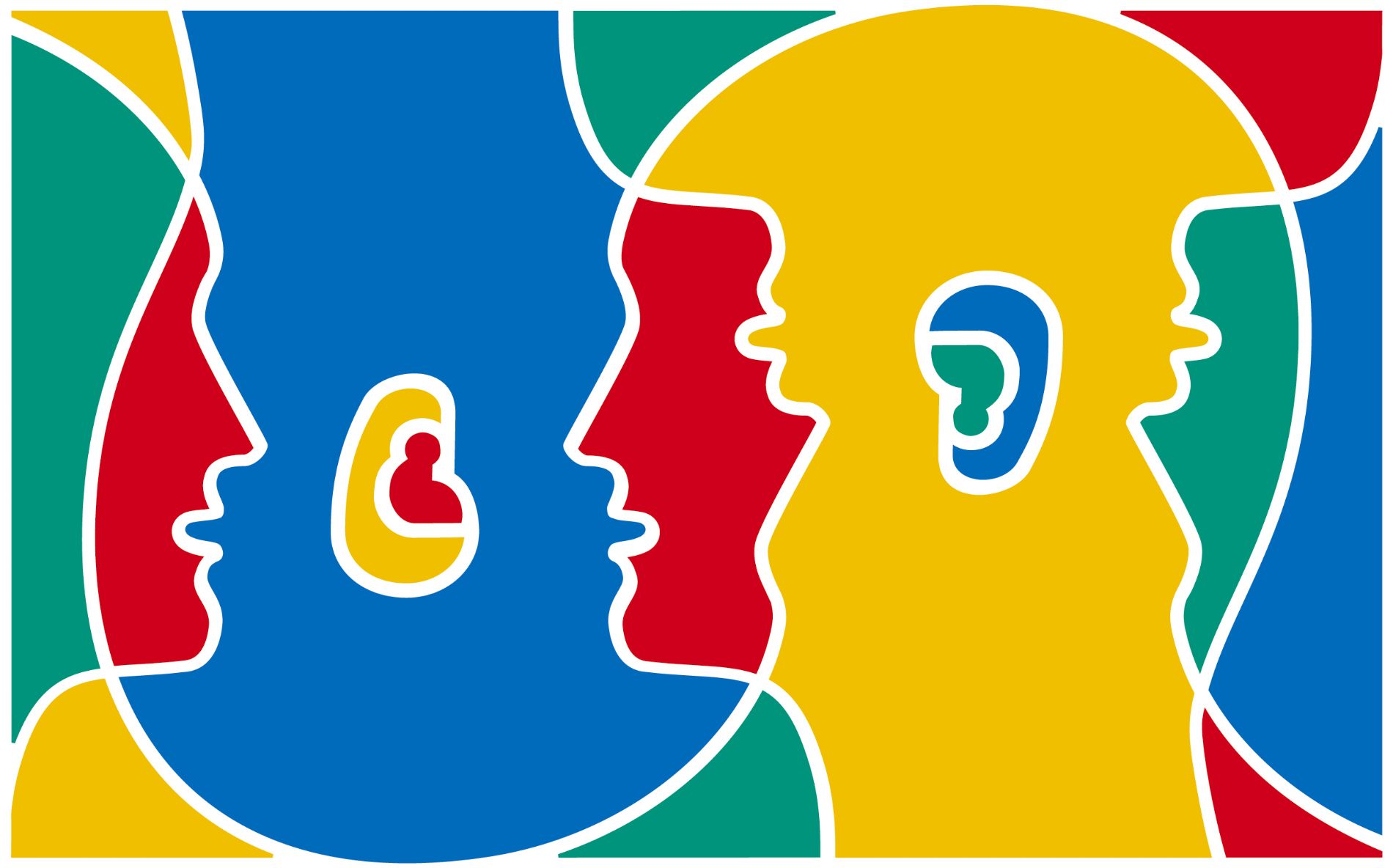People who study a foreign language usually pick up new perspectives and weird habits along the way. Acquiring different perspectives on the world is increasingly valuable in today’s diverse society, even if you begin to mix a few Spanish words into your everyday conversation with your English-speaking friends.
According to the 2009-2013 American Community Survey (ACS), the United States hosts 380 languages or language groups and 25 million of those surveyed speak English less than “very well.”
America has a bad reputation for monolingualism, but language learners on both sides of the English proficiency divide help bridge this gap by spreading empathy and understanding, even if they do not speak every one of those impressive 380.
With each new language acquired, they also encounter the unexpected side effects that come with speaking multiple languages. A second or even a third language can mess with the brain in ways you would never expect.
1. Movies with the Wrong Accent Are Ruined
If an actor’s accent does not match their character’s background, the movie’s continuity is ruined. Even though “Nacho Libre” is a funny movie, it has this problem. Dare I say it, “Nacho Libre” is a good movie.
But while Jack Black’s fake Spanish accent is not bad, he is clearly not a native speaker like his character, the beloved Nacho. The movie is enjoyable, but the veil of disbelief is torn when Black’s California-native accent bleeds through.

The same can be said for Russian or any other language. At some point, a Russian language learner can recognize the difference between a Lithuanian-Russian accent and a Ukrainian-Russian accent, so when the big, bad, “Russian” villain is actually German, they can tell, and it harms continuity.
2. Your First Language Changes
After thinking in another language for long enough, sometimes it can bleed through into your native tongue. For instance, if you are studying Spanish and your first language is English, you might notice that instead of writing “Calvin’s bike,” you write “the bike of Calvin.”
Usually, you will not notice this until editing your paper for the fifth time (this also happened at least three times during this article’s revision process).
For writers who value the succinctness of expressions in Standard English, accidentally mixing up the grammar of different languages can be frustrating. These small mix-ups are worth it, though, because language is so much bigger than a grade at school. It is a doorway to a bigger world.
3. You Make a Bucket List of Languages and Travel Spots
When you study a foreign language, you want to learn and experience more. If you have a solid understanding of Spanish, you wonder how hard Portuguese could be. Plus, Latin is basically the same, and Vietnamese would be impressive. So would Afrikaans.
Pretty soon, you will have a whole list of languages that you are just waiting to cross off. One day, you might just get to Punjabi, but only so long as another language’s foreign idioms do not kill you first.
The wanderlust hits hard, too. Right next to that list of languages is the one of countries. When you understand the basics of a foreign culture, you want to use the knowledge you have worked so hard to gain, so it’s natural that you seek traveling in order to speak the language.
On top of that, you want to meet people from that culture because you now have an appreciation for its history and way of life.
4. You Are Always Practicing
However, if you began studying after puberty, you missed the critical window for language acquisition, so achieving fluency would require a lot of work.
For those unlucky students who started a new language outside the golden window, it is nearly impossible to reach native fluency, especially if you live in a society that never speaks the target language. Your pronunciation and grammar will always be a little off and you will stand out to a native speaker.
Language learners do not let that self-criticism stop them. They use it to fuel their study. They might watch foreign YouTube videos to hone their listening.
They could set their phone to present text in the target language, brushing up on reading while safely keeping their friends out of their phones. They might even speak the language to their dogs until they are confident enough to talk to people. And then, they study some more and daydream about faraway cultures.
5. You Empathize with English Language Learners
The difficulties of learning a language unite learners. Whether someone is studying English, Arabic or Portuguese, they can relate to the passionate frustration with organizing articles, classifiers or the dreaded subjunctive tense, among others, into a sentence that makes sense.
When helping an English learner with grammar, nothing makes them open up more than sympathy, “Yeah, I get it. I’ve been studying Spanish for eight years and I still don’t get all the prepositions.”
Knowing more than one language allows you to understand the imperfect fluency of English language learners. You understand that just being able to hold a conversation in a second language can be hard. This empathy arises from a rewiring of the brain, a mixing of mental grammar and hours of study that is enough to give anybody a headache.
6. You Think About How Weird It Is That People Can Communicate at All
Around 2 a.m. the morning before the language final, after hours of studying irregular conjugations and the intricacies of prepositional phrases, the standard language learner stops and thinks to themselves: this means nothing.
The thoughts in my brain are just abstract concepts. The sounds that come out of my mouth are random guttural utterances that mean nothing. This is nothing. I am nothing. Countries do not exist. They are only separated by lines drawn in the sand, and the tide is coming in.
This might be the weirdest of all side effects that occur to a language learner, but it happens to almost everyone when they are faced with an obstacle along the way. Learning anything new is hard, let alone something you may not have a chance to practice on a daily basis.
Let yourself have a moment of craziness and return to your study afterward. You have come so far to let yourself be defeated by something like conjunctions.
The world is expanding even if the United States fails to recognize it. Regardless of American trends, students continue to study foreign languages and cultures and learn more about the vastness of the world with all of its varying experiences.
They hold onto the hope that by listening and opening up to the perspectives of others, as Krista Ratcliffe — a scholar of Listening Rhetoric – suggests, “we can avail ourselves with more possibilities for…hearing differences as harmony or even as discordant notes.”
So, at the end of the day, it is worth it, even if language learning ruined “Nacho Libre” or your dog does not respond to German.
















